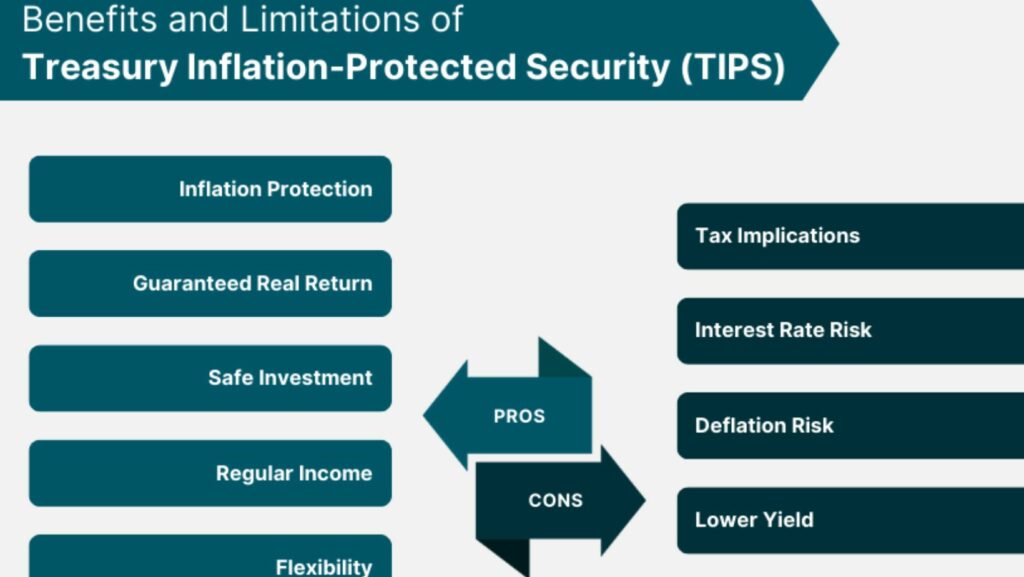Building brand awareness is a critical component of success for startups. Establishing a strong brand presence can help startups stand out in competitive markets, connect with target audiences, and foster trust. However, startups often have limited budgets and resources, making it crucial to prioritize cost-effective strategies. This article explores the top strategies that startups can implement to build their brand awareness effectively.
Define Your Brand Identity
Before launching any marketing campaigns, startups must clearly define their brand identity. This includes determining the company’s mission, values, unique selling points (USPs), and target audience. A strong brand identity will guide all marketing efforts and help startups establish a consistent voice across all platforms.
Startups should focus on answering the following questions:
- What makes your brand unique?
- What are your company’s core values?
- Who is your target audience?
- What tone and messaging best represent your brand?
Once these elements are established, startups can align their brand’s visual identity, including logo, colors, and typography, with their messaging to ensure cohesive branding.
Leverage Content Marketing
Content marketing is one of the most effective and cost-efficient ways for startups to build brand awareness. By creating valuable and engaging content, startups can attract potential customers while positioning themselves as experts in their industry. Blog posts, videos, infographics, and social media updates can all play a role in a comprehensive content marketing strategy.
One way to streamline content creation is by using an AI presentation maker. This tool allows startups to turn complex ideas into visually appealing presentations, which can be shared on websites, social media, or during webinars. By simplifying the process, startups can consistently produce high-quality content that resonates with their audience.
Utilize Social Media Marketing
Social media platforms are crucial for building brand awareness, especially for startups with limited marketing budgets. Social media allows companies to directly engage with their audience, promote their products or services, and share valuable content. When used strategically, these platforms help startups increase your visibility brand presence across multiple channels while building stronger relationships with potential customers. Each platform—whether it’s Facebook, Instagram, Twitter, LinkedIn, or TikTok—has its strengths, and startups should tailor their approach based on where their target audience is most active.

Strategies for effective social media marketing include:
- Regular posting of original content (articles, infographics, videos)
- Engaging with followers through comments, replies, and messages
- Running social media ads to increase reach
- Collaborating with influencers to expand visibility
Incorporating video content into social media strategies can also significantly increase engagement. Tools like an AI presentation maker make it easy for startups to create professional, engaging video content without a large budget or technical expertise.
Invest in Search Engine Optimization (SEO)
Search engine optimization (SEO) is a crucial digital marketing strategy that helps startups increase their visibility on search engines like Google. By optimizing their website content and structure, startups can improve their search rankings, making it easier for potential customers to find them.
To implement a successful SEO strategy, startups should:
- Conduct keyword research to find relevant terms that their audience is searching for
- Optimize website content (blogs, landing pages, product descriptions) with these keywords
- Focus on building high-quality backlinks from authoritative websites
- Ensure that the website is mobile-friendly and has a fast loading time
Additionally, using tools like a corporate email finder can help startups build relationships with other businesses and secure backlinks, further boosting their SEO efforts. Creating educational and informative content that answers common customer questions can also drive organic traffic to the website and establish the startup as an authority in its field.
Collaborate with Influencers and Thought Leaders
Influencer marketing is another effective way for startups to reach a wider audience and build brand credibility. Collaborating with influencers who have a loyal following in a specific niche can amplify a startup’s message and drive engagement.
Startups don’t need to partner with big-name influencers to see results. Micro-influencers, who have smaller but highly engaged audiences, can provide more targeted and cost-effective marketing. These collaborations can include sponsored posts, product reviews, or influencer-generated content that aligns with the brand’s messaging.
In the world of digital marketing, leveraging the best marketing tools can significantly enhance influencer campaigns by automating content distribution and tracking performance.
Implement Email Marketing
Email marketing remains a powerful tool for startups to build brand awareness and nurture relationships with potential customers. A well-crafted email marketing campaign can help startups stay top-of-mind, promote new products, and share valuable content directly with their audience.
To maximize the effectiveness of email marketing, startups should:
- Build an email list of subscribers who are genuinely interested in their products or services
- Segment the email list to send personalized content based on user behavior and preferences
- Design eye-catching emails with clear calls to action
- Test and optimize subject lines, email content, and send times to improve open and click-through rates
Email marketing also integrates well with other strategies, such as content marketing and social media, helping startups create a cohesive brand presence across multiple platforms.
Host Webinars and Virtual Events
Webinars and virtual events provide startups with an opportunity to showcase their expertise, engage with their audience, and build a community around their brand. These events can be particularly effective for startups in industries like tech, education, and finance, where there is a strong demand for educational content.

By hosting webinars, startups can:
- Present their products or services in an educational format
- Answer questions from potential customers in real-time
- Gather feedback and insights from participants
- Capture leads by requiring participants to register
To enhance the visual appeal of webinars and virtual events, startups can use tools like an AI presentation maker to create professional slides and videos that keep the audience engaged.
Utilize Paid Advertising
While organic growth strategies are essential, paid advertising can also help startups quickly build brand awareness. Platforms like Google Ads, Facebook Ads, and Instagram Ads allow businesses to target specific audiences based on demographics, interests, and behaviors.
Paid advertising works best when combined with a solid content marketing and social media strategy. Startups should create visually appealing ads with clear messaging that resonate with their audience. With the help of AI-driven best marketing tools, businesses can optimize their ad spend, track campaign performance, and improve their return on investment (ROI).
Participate in Industry Events and Networking
Building brand awareness often requires getting in front of the right people. Startups should attend industry conferences, trade shows, and networking events where they can connect with potential customers, partners, and investors. These events offer valuable opportunities for face-to-face interactions and can lead to long-term business relationships.
Startups can also explore online networking opportunities by joining industry-specific forums, participating in webinars, and engaging in social media groups where their target audience is active.
Focus on Customer Experience and Word-of-Mouth Marketing
Finally, one of the most powerful ways to build brand awareness is through word-of-mouth marketing.
Happy customers are more likely to recommend a brand to others, which can lead to organic growth and increased visibility. Startups should prioritize delivering exceptional customer experiences and building strong relationships with their customers.
Encouraging customers to leave reviews, share their experiences on social media, or refer friends can significantly amplify brand awareness. Word-of-mouth marketing also builds trust and credibility, which are essential for startups looking to establish themselves in competitive markets.
Conclusion
Building brand awareness is a long-term strategy that requires a combination of creativity, consistency, and the right tools. Startups should focus on defining their brand identity, leveraging content marketing, and using innovative tools like an AI presentation maker and the best marketing tools to streamline their efforts. By implementing these strategies, startups can effectively reach their target audience and establish a strong brand presence in their industry.
As digital marketing evolves, it’s also important to track campaign effectiveness while respecting user privacy. Incorporating privacy preserving ad measurement into your strategy allows startups to gather meaningful performance insights without compromising user data, aligning with modern data protection standards and fostering greater consumer trust



